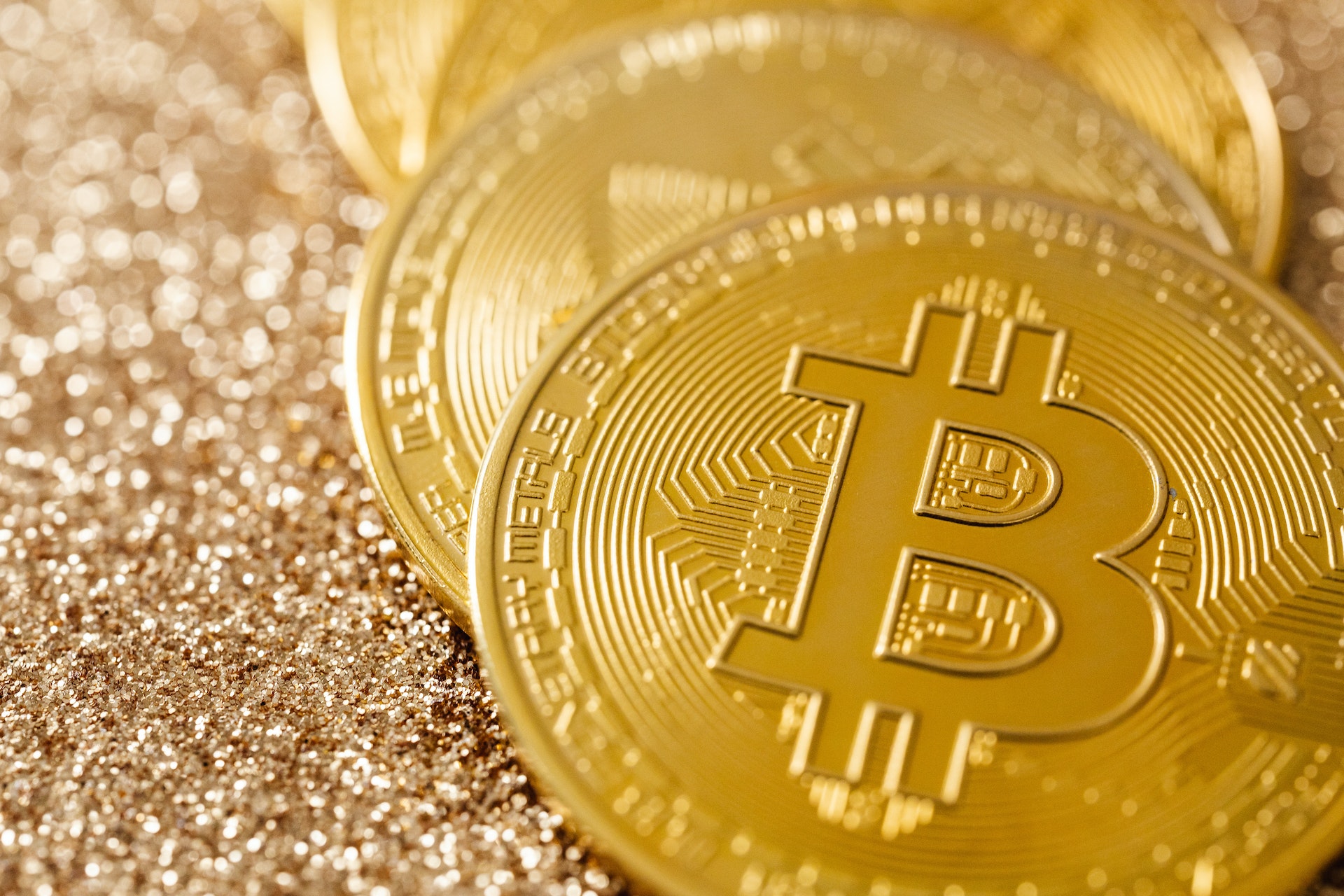Driving Social And Environmental Impact: Dai And SDGs
In this article, we delve into the contributions of Dai towards achieving the SDGs, highlighting its potential in addressing global challenges.
Author:Daniel BarrettAug 15, 202317.3K Shares641K Views

The intersection of Dai, a decentralized stablecoin, and the Sustainable Development Goals (SDGs) presents a powerful opportunity to drive social and environmental impact. In this article, we delve into the contributions of Dai towards achieving the SDGs, highlighting its potential in addressing global challenges. Introducing BitPrime Stone, an innovative online trading platform that empowers users to drive social and environmental impact.
Sustainable Development Goals (SDGs) and their significance
Sustainable Development Goals (SDGs) represent a comprehensive and ambitious framework established by the United Nations to guide global efforts towards sustainable development. Adopted in 2015, the SDGs consist of 17 interconnected goals, encompassing a wide range of economic, social, and environmental dimensions. These goals are designed to address pressing challenges facing our world, including poverty, hunger, inequality, climate change, and environmental degradation.
The significance of the SDGs lies in their holistic approach to development. Unlike their predecessor, the Millennium Development Goals (MDGs), which primarily focused on poverty reduction, the SDGs recognize the interdependence of various sustainable development aspects. They acknowledge that poverty cannot be eradicated without addressing inequality, environmental degradation, and inadequate access to education, healthcare, and clean energy.
The SDGs provide a roadmap for governments, businesses, civil society, and individuals to work collaboratively towards achieving a more equitable, prosperous, and sustainable future. Each goal is accompanied by specific targets and indicators, facilitating monitoring and evaluation of progress. This framework encourages multi-stakeholder partnerships, promoting cooperation and collective action on a global scale.
Dai's Contributions to Social Impact
In terms of poverty alleviation, Dai offers opportunities for financial inclusion and empowerment, particularly in underserved communities. Through its decentralized nature, Dai enables access to financial services for those who are unbanked or underbanked, allowing them to store, transfer, and transact with a stable and reliable digital currency. This can help individuals break the cycle of poverty by providing them with a secure means of saving, conducting business, and building economic resilience.
Education is another area where Dai can make a substantial impact. With its borderless and censorship-resistant nature, Dai can support educational initiatives and promote knowledge sharing. For instance, Dai can facilitate the funding of educational projects, scholarships, and programs that aim to improve access to quality education for disadvantaged individuals and communities. Furthermore, Dai can enable the creation of decentralized educational platforms, where content creators and learners can engage in a peer-to-peer manner, democratizing education and expanding learning opportunities.
The healthcare sector can also benefit from Dai's contributions. Lack of access to affordable and quality healthcare services is a significant challenge in many parts of the world. Dai can play a role in addressing this issue by facilitating funding for healthcare projects and initiatives. For instance, Dai can support the establishment of medical facilities in underserved areas, the procurement of essential medical supplies and equipment, and the implementation of healthcare programs focused on preventive care, vaccination campaigns, and disease management.
Dai's Contributions to Environmental Impact
One of the key contributions of Dai to environmental impact is through sustainable financing. Dai can be utilized as a means to fund and support environmental projects aimed at addressing climate change, conserving biodiversity, and promoting sustainable land use. For example, Dai can be channeled towards investments in renewable energy infrastructure, such as solar and wind farms, promoting the transition to clean and sustainable sources of energy. Additionally, Dai can support sustainable agriculture practices, reforestation projects, and initiatives that promote responsible consumption and production, thereby reducing the environmental footprint of economic activities.
Mitigating climate change is a critical global priority, and Dai can play a role in supporting such efforts. As a stable and reliable digital currency, Dai can facilitate investments in carbon offset projects. These projects aim to reduce or offset greenhouse gas emissions by supporting activities such as reforestation, afforestation, or renewable energy initiatives. By providing a transparent and efficient means of financial support, Dai can contribute to the expansion of carbon offset projects and help reduce the overall carbon footprint.
Renewable energy adoption is a crucial aspect of transitioning to a sustainable future, and Dai can support this transition. By providing a stable and accessible digital currency, Dai can facilitate the funding of renewable energy projects, making it easier for individuals and organizations to invest in clean energy infrastructure. This includes supporting the development of solar power plants, wind farms, and other forms of renewable energy generation.
Conclusion
Dai's integration with the Sustainable Development Goals (SDGs) demonstrates its potential for creating social and environmental impact. Through its contributions to poverty alleviation, education, healthcare, sustainability, climate change mitigation, and renewable energy, Dai empowers individuals and communities, drives positive change, and paves the way for a more sustainable and inclusive future.

Daniel Barrett
Author
Daniel Barrett is a tech writer focusing on IoT, gadgets, software, and cryptocurrencies. With a keen interest in emerging technologies, Daniel offers expert analysis and commentary on industry trends. Follow him for authoritative insights into the latest tech innovations.
Latest Articles
Popular Articles